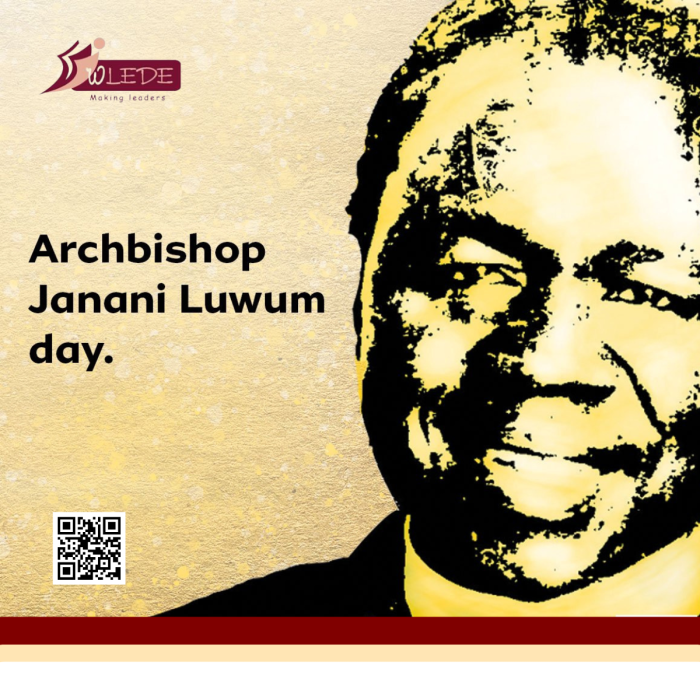
Introduction: Uganda’s journey towards full literacy is far from over, as recent reports from the Uganda Bureau of Statistics (UBOS) reveal that a staggering 9.2 million Ugandans still lack basic reading and writing skills. This dire situation demands immediate attention and concerted action. As we confront this pressing issue, it is crucial to turn to sustainable solutions that can bring about lasting change. In this editorial, we shed light on the urgent need to address Uganda’s literacy crisis and the pivotal role of the Women’s Leadership and Development (WLEDE) initiative and its programs in driving sustainable solutions.
The Urgency of the Situation: The UBOS report serves as a stark reminder of the pervasive impact of low literacy rates on individuals, communities, and the nation as a whole. Illiteracy not only erects barriers to education and employment but also stifles social and economic progress, perpetuating cycles of poverty and inequality. If left unchecked, Uganda’s literacy crisis will continue to impede development and hinder the nation’s quest for prosperity.
WLEDE’s Sustainable Solutions: In the face of this crisis, the Women’s Leadership and Development (WLEDE) initiative emerges as a beacon of hope, leading the charge with sustainable solutions to promote literacy and empower communities across Uganda. Through its innovative programs and grassroots approach, WLEDE is spearheading efforts to bridge the literacy gap and transform lives.
WLEDE’s Call to Arms: WLEDE issues a clarion call to all stakeholders – government agencies, NGOs, civil society organizations, and concerned citizens – to unite in the fight against illiteracy. It is imperative to prioritize education as a fundamental human right and invest in initiatives that foster literacy skills among all Ugandans, irrespective of age, gender, or socio-economic status.
How You Can Make a Difference:
- Support WLEDE’s Programs: Consider contributing financially or volunteering your time to support WLEDE’s literacy initiatives. Your support can make a tangible impact on the lives of those affected by illiteracy.
- Raise Awareness: Amplify the conversation about Uganda’s literacy crisis and the critical need to invest in education. Advocate for policies and programs that prioritize literacy as a national imperative.
- Empower Individuals: Encourage friends, family, and community members to avail themselves of literacy programs offered by WLEDE and other organizations. By empowering individuals with literacy skills, we can break the chains of illiteracy and pave the way for a brighter future.
Conclusion: The time for action is now. Let us heed the call to address Uganda’s literacy crisis with urgency and resolve. By rallying behind organizations like WLEDE and supporting their efforts to promote literacy and empower communities, we can unlock Uganda’s full potential. Together, let us embark on a journey towards a future where every Ugandan has the opportunity to read, write, and thrive

![Women Leadership Development [WLEDE]](https://wlede.org/wp-content/themes/kipya/images/logo-WLEDE.png
)





